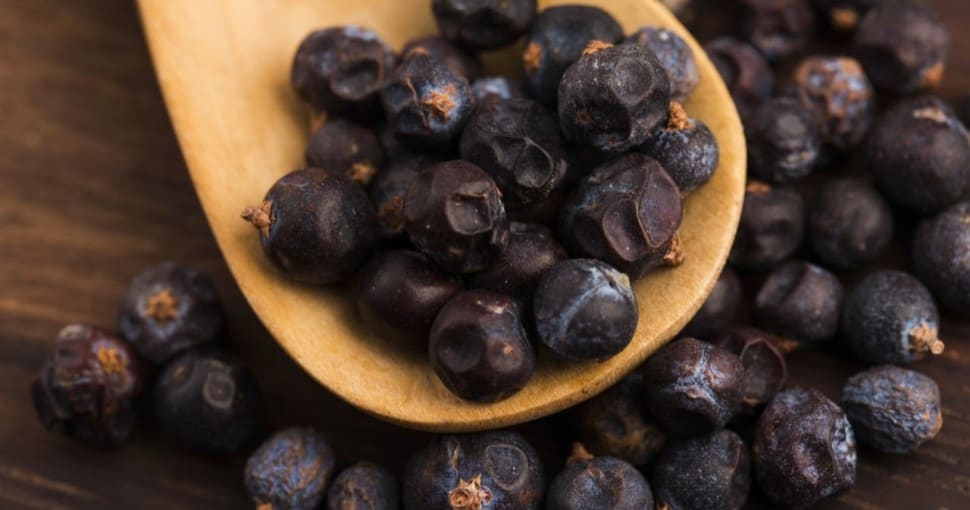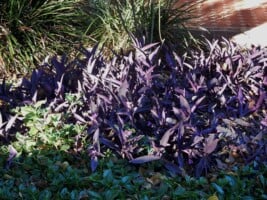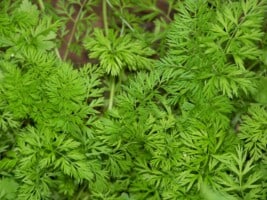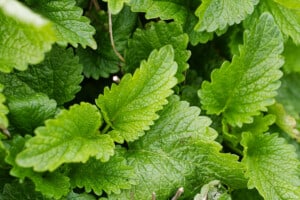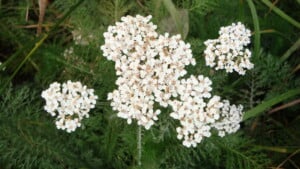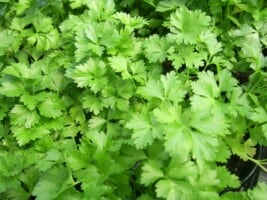There are quite a few different types of juniper berries, and they come from the Juniper tree. It is a conifer that grows as a small or medium sized shrub or tree. Different parts of the Juniper have been used in recipes and homemade medicines throughout history. In the Middle Ages, they were used to ward off diseases and infections. The question is, are they poisonous?
Contents
There are over 45 different types of Juniper, and the berries all contain a powerful oil called Thujone. This oil can cause an upset stomach, diarrhea, or kidney problems if large quantities are eaten. Some varieties have low amounts of Thujone that are considered safe, including Juniperus communis, which is used to make gin, some food dishes, and medicines.
Are Juniper Berries Poisonous to People?
All Junipers are toxic to people, but some contain low amounts of Thujone and are considered safe to eat. The berries aren’t actually berries; they are the female juniper’s fleshy cones. They have very small, compacted scales, so they resemble berries.
The berries have anti-viral and anti-inflammatory properties, and they have been used for medicinal purposes throughout time. Native Americans used them to treat sore throats, headaches, inflammation, kidney stones, colds, pain, fevers, and more.
The berries have a wild yeast coating, so they have also been used to make beer and breads. They have a bitter taste, so they are usually added as a flavoring or spice. They are also added to hair rinses to make hair shiny.
The Thujone in berries is toxic, and it can give you a stomach ache, cause diarrhea, or lead to kidney problems if you eat a lot of it. However, one variety, Juniperus communis, is used to make foods, gin, and medicines, and it has low levels of Thujone and is considered safe. Juniper berries are never considered safe for women who are pregnant or nursing.
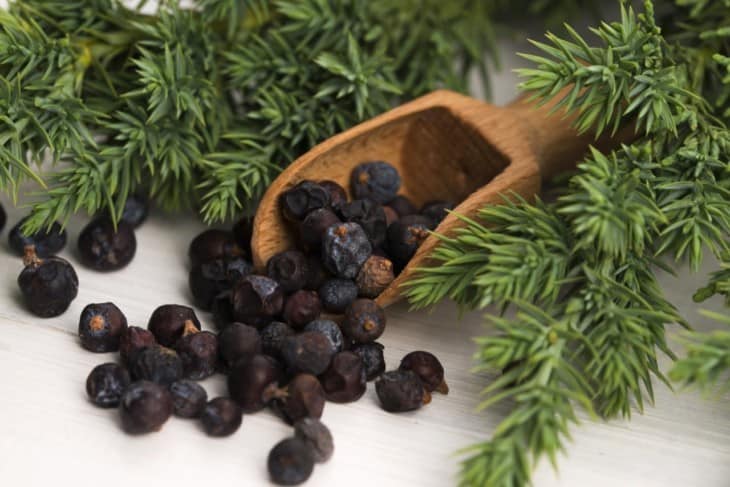
Are Juniper Berries Poisonous to Dogs?
Some Juniper berries are toxic to dogs, and others are safe in small quantities. They are not listed as toxic on the ASPCA’s toxic plant list, but your dog can suffer from diarrhea or vomiting from eating them. The wild varieties are safer than the ornamental ones.
One very toxic type is Juniper sabina. It contains sabinene, and it can cause issues in the digestive tract, eyes, skin, and lungs. It is usually an ornamental Juniper. However, wild Junipers contain terpinen-4-ol, which has anti-inflammatory and anti-parasitic qualities. They have a low amount of toxicity, so it is okay if your dog eats a few juniper berries every now and then.
There are actually a few benefits to Juniper berries, such as detoxifying the blood and lowering blood sugar levels. You should call your vet if you notice your dog with nausea, vomiting, or diarrhea after eating Juniper berries.
Are Juniper Berries Poisonous to Cats?
Juniper berries are listed as having minor toxicity to cats. They can cause vomiting or diarrhea if the cat eats too much. Eating too many leaves from the Juniper tree can also cause them abdominal pain, and it can be harmful to their kidneys.
However, Juniper berries do have some medicinal properties, and some people use them as a natural remedy. They can be used to treat UTIs because they have antibacterial and antifungal properties. People often use them to make a tea for their cats.
Some varieties of Juniper, such as Juniper sabina, are toxic and need to be avoided. In spite of the fact that Juniper berries are used for some treatments, they have toxic properties, and too much can cause problems for your cat.
Are Juniper Berries Poisonous to Livestock?
Although Juniper berries contain different levels of toxins, all do contain some toxins. They are poisonous to horses, and they can be a problem because a horse can consume a lot of Juniper berries in a short period of time. While each berry might have low toxicity, when they are added together, they can provide a lot of toxins.
Another problem for horses is that Juniper berries are 46% carbs. This can cause a boost in glucose that can result in a surge of insulin and leads to laminitis in horses. If you have Juniper trees in the pasture, you should move your horses.
Juniper berries are also poisonous to goats. In spite of this, goats are known to eat Juniper and its berries when they come across it. Juniper berries are also poisonous to chickens, but they have a low level of toxicity, and most chickens won’t eat them. They are bitter, and chickens tend to stay away from them.
Are Juniper Berries Poisonous to Wild Animals?
Juniper berries have low levels of toxins, but wild animals will eat them. They are mildly toxic to deer, but deer, birds, foxes, and other wild animals will eat them. Deer don’t include them as a large part of their diet. Wild animals have good instincts about what is safe for them and what isn’t.
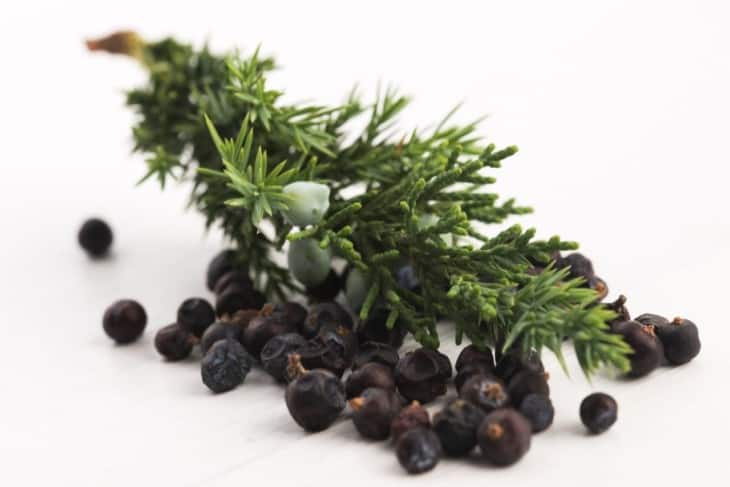
What Are the Benefits of Juniper Berries?
In spite of their toxicity, there are several health benefits that Juniper berries offer. They contain antioxidants that help prevent diseases. They help fight free radicals, and they contain flavonoids and bioflavonoids. In total, they contain 87 different antioxidant compounds.
The antioxidant properties also help regulate blood pressure and lower high levels of triglycerides. This is how they help with heart health. Juniper berries also have antifungal and antibacterial qualities, Juniper berries also help treat skin conditions, such as eczema, rashes, and other conditions. They can promote healing and have anti-inflammatory properties as well.
Although Juniper berries do offer some health benefits, it is important not to eat too much. In larger quantities, they can cause symptoms such as diarrhea, kidney problems, or an upset stomach. However, they have been used for their medicinal properties since the 16th century, and they have been used in gin for more than 300 years.
Gin was originally created in 1650 as a treatment for kidney issues. Dr. Sylvuis from the Netherlands made it, and it was successful because its alcohol content helped people who were suffering from kidney problems. Juniper berries also add flavor to food, and they add a pine flavor to drinks. They are often used to mask the gamey flavor of venison or pheasant. As long as you keep the Juniper berries to a minimum, they are safe to eat.

